A recent report from the Federation of Small Businesses (FSB) found that an eye-watering seven million cyber crimes are committed against smaller UK businesses each year as cyber criminals believe them to be softer targets.
That’s 19,000 per day.
And with figures from the same report stating that an average cybercrime incident costs an SME victim nearly £3,000, that’s a whopping £57m that small businesses are potentially losing to inadequate data protection and storage every day.
As a small telecoms provider, you might think a focus on data storage and protection only applies to larger organisations and that you are off the hook.
But don’t be fooled.
If the startling cybercrime statistics above haven’t convinced you, then the new General Data Protection Regulation (GDPR) will. This new law comes into effect in May and means that no matter your size, data security should be top of your agenda.
Cloud technology solutions are the safest, most efficient and affordable options for SMEs to safely store business and client data for the long term.
If you’re in the early stages of setting up a telecoms company or are an established provider contemplating the transition to cloud-based software, there are a few points for you to consider.
This article includes a detailed list of 10 cloud hosting providers. But first, we explain:
- your data obligations as a telecoms provider
- why the safety of your data is imperative
- the benefits of using the cloud
- information about the GDPR
Your Data Obligations as a Telecoms Provider
 We are living in the digital age.
We are living in the digital age.
Unless you are still doing business with pen and paper, you’ll be collecting, processing, auditing and storing customers’ data either remotely online or locally, on a private computer or in-house server.
All the information you collect, such as address, email and phone number as well as financial details including bank account and payment plans, products they’ve purchased and even customer services records needs to be securely managed and stored.
But it’s not just customer data you need to protect. It is also all your business and employee data, such as your contracts with carriers or service agreements with suppliers, Direct Debit mandates and staff payroll information. Even confidential files you save on your private laptop or share with colleagues need to be fully encrypted, traceable and secure.
Plus, under the new GDPR you must be able to easily find and delete data that is out of date, such as old customer or employee personal information, as well as data that is unnecessary, for example if you hold two email addresses for a customer when one will suffice.
Why Is Data Storage Important?
Long term data storage is critical for business continuity. Envisage these hazards:
- losing all your customers’ personal financial data in a hack and discovering that debit card details have been misused
- accidentally deleting all your carrier partnership agreements because a laptop is infected with a virus
- your premises are broken into and all your computers stolen
- an employee goes rogue and tampers with your business files
- your hardware fails and crashes your system erasing all your emails
Cyber security scenarios are alarming to imagine from both a financial and reputational cost, but can be mitigated with due disaster control processes, secure data storage and regular backups.
Data must be easily auditable. Losing critical files can impact your business in terms of lost capital and with regards to reparations to those affected by your data loss. Having readily available documents and data is also a requirement in legal matters as well as ensuring you are complying with government and industry-specific regulations.
You also need to map out the flow of your business data. For example, how will you control and manage sensitive information across multiple devices? That includes your staff’s personal mobile devices or laptops.
Putting procedures in place to limit the spread of your sensitive data outside your organisation is also important, especially if any device is lost or compromised.
You can achieve this with:
- digital rights management
- password-protected documents
- defining a hierarchy of permissions based on job titles and functions
- a strict operations procedure that forbids the sharing or saving locally of certain files
- two-factor or multi-factor authentication processes
Just as we filed important papers in locked cabinets before the technology era, digital filing and long-term data storage is critical for finding information quickly and to keep it secure.
Why Store Your Data in the Cloud?
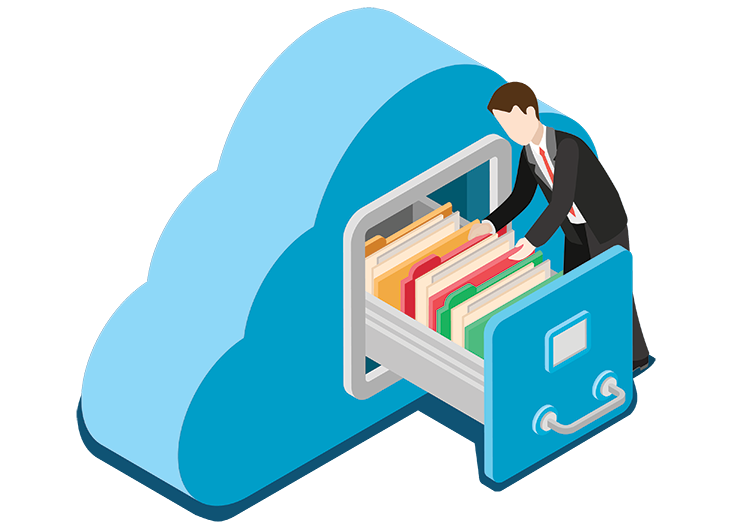 Originally, data was stored in privately-owned servers belonging to the business and many worldwide corporations still use this method. However, it requires your own IT department, premises such as huge warehouses to locate the servers, continually updating hardware and software, as well as stringent disaster contingency plans should a data breach occur or an unforeseen disaster such as a fire.
Originally, data was stored in privately-owned servers belonging to the business and many worldwide corporations still use this method. However, it requires your own IT department, premises such as huge warehouses to locate the servers, continually updating hardware and software, as well as stringent disaster contingency plans should a data breach occur or an unforeseen disaster such as a fire.
This method of data storage is simply not feasible for sole traders and SMEs, and the most efficient, affordable and secure option is remote, cloud-based storage hosting and file sharing.
By transferring your business and client files and data to reputable providers you benefit from their significant expertise in network security and deep understanding of the latest regulations and compliance requirements.
The GDPR also places additional obligations on cloud hosts, so these companies have teams of specialists working on the latest in cyber security for their cloud services. For example, cutting-edge data encryption, firewalls, anti-malware and anti-virus tools as well as close monitoring against hacking.
Providers are also continually investigating the latest methods of digital preservation as technology is changing so rapidly that file formats available today might be non-existent in ten years’ time.
These intelligent software solutions avoid a paper trail, efficiently log and track data, offer real time reporting and identify any breaches quickly. This avoids the expense of storing and moving data from one in-house server to another off-site data centre.
Due to the rapid adoption of cloud-based solutions, providers are now more trusted than privately storing data on in-house servers.
Recent research found that 64.9% of IT leaders think the cloud is as secure or more secure than on premises software.
Every one of your customers has a right by law to robust data protection, and the bigger you grow, the more data you will collect. One significant benefit of using remote cloud-based solutions is that they are infinitely scalable in terms of the storage space you require. And compared to owning or renting private servers, they are very affordable.
What is the GDPR?
From May 25, 2018 every business in the UK that collects and stores customers’ personal data will need to be fully compliant with the General Data Protection Regulation.
Failing to adhere to the EU’s ramped-up data protection laws means risking a fine of up to €20m or 4% of global turnover, whichever is larger.
What Cloud Technology Solutions Are Available?
According to recent research, more than three quarters (76%) of small businesses and entrepreneurs in the UK are looking to cloud solutions to increase their business efficiency. And due to this demand, there is a wide range of business-centric intelligent software solutions for long term data storage and file sharing.
There are many factors to take into consideration when choosing a cloud service, for example:
- raw storage space required (from gigabytes to terabytes)
- functionality like file sharing, device syncing and automatic backups
- platform ease of use (web-based, mobile apps available, IT knowledge required)
- integrations with other existing third-party software
- user numbers or numbers of devices
Here are ten options for you to look into.
Doing your research before you take the plunge and move your business to the cloud will ensure you find a provider that is perfect for your needs:
1. Microsoft OneDrive for Business
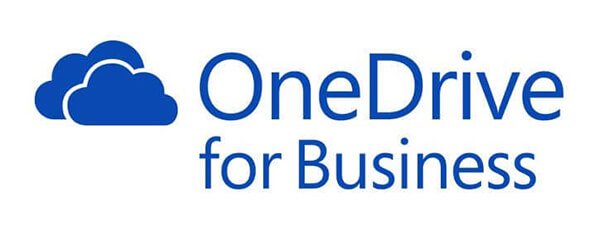
If you already use Microsoft Office applications such as Word, Excel and PowerPoint and even Skype then OneDrive provides a seamless integration with Office and Windows phones. It offers easy file save options, collaborative file editing as well as syncing across devices.
2. Google Drive

Google Drive offers excellent cloud-based storage as well as real time collaboration of documents and files. It uses its own versions of the Microsoft Office applications on its intuitive and easy-to-use platform. It also offers simple integration with other elements of the Google universe, such as the Chrome browser, Gmail and Google+. Plans start at £3.30 per month and trials are available.
3. Dropbox Business
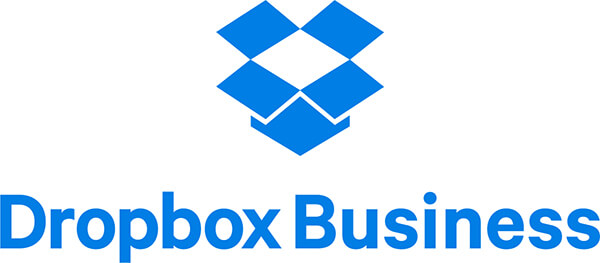
Many people use the free file sharing service from Dropbox and upgrading to a business plan is one of the most popular cloud storage options available. It offers integrations across a wide range of operating systems, including the usual Windows, MacOS, Android and iOS as well as Linux and Blackberry. Prices start from £10 per month and there is a 30-day free trial offer.
4. Egnyte
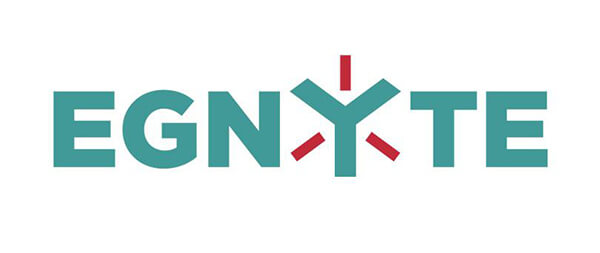
Custom-made for businesses, Egnyte offers a hybrid solution for businesses wanting to save data on the cloud as well as in private, on-premises servers. It also allows clients to brand their domain and customise it in line with their company’s style and image. Prices start from $8 per month and there are free trials.
5. SpiderOak

If privacy is of utmost importance, SpiderOak might be the solution for you. It offers a ‘zero-knowledge’ environment which means that only the user can access the data, not even the SpiderOak staff or the government. Plans from $5 per month, 21-day free trial.
6. Box
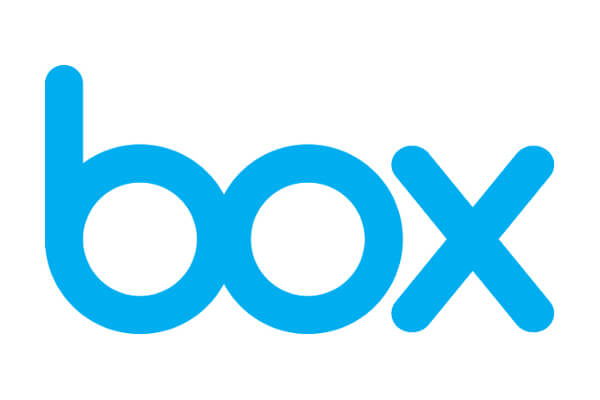
If you have a lot of data to store, then Box could be the one. It offers unlimited storage plans as well as the ability to share screenshots of your desktop screen and a deep search function to find specific content within files – handy if you need to delete an old customer’s data. Monthly prices from £3.50 per month. Two-week free trial available.
7. Amazon S3
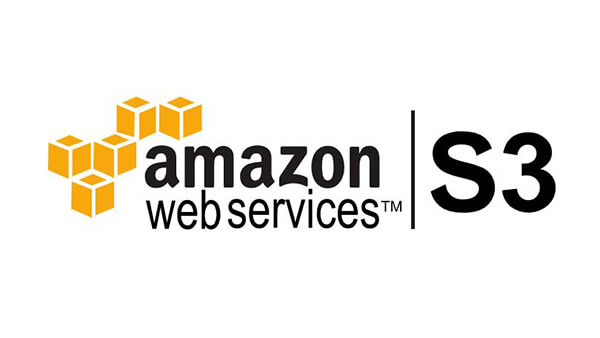
A large part of Amazon’s business is cloud storage. Small businesses get access to the same server used by Amazon and its biggest customers, which has the benefit of being highly scalable. Apps are available for iOS and Android, plus for Windows and Mac. You pay for what you use and prices vary by region. There is a calculator online.
8. MozyPro
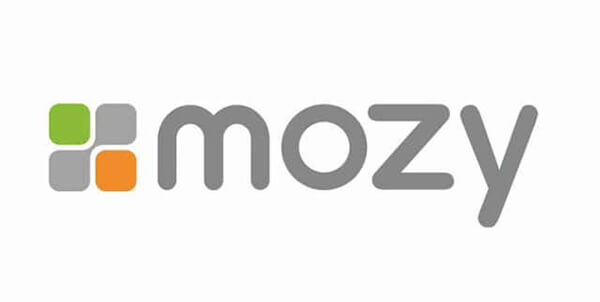
If you have a large number of staff, MozyPro could be your answer as it bases its prices on storage space and not on user count. It offers user-controlled encryption keys for added security and automatic backup of files saved on desktops, laptops or services. Prices from £6.99.
9. SugarSync
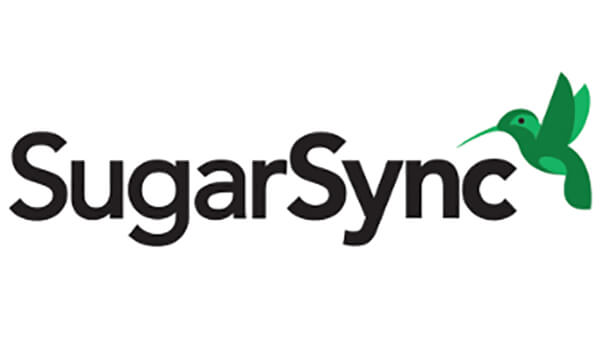
This file sharing, online backup and cloud data storage solution works continually in the background to sync data across desktop and mobile devices. It has an easy drag and drop interface. Prices from $7.49 per month and include a 30-day free trial period.
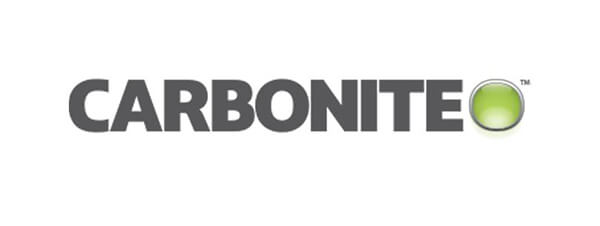
Offers an affordable suite of data protection, recovery, automatic backups and anytime, anywhere accessibility. It also offers backups for business specific databases and applications. Monthly plan is $6 per month and a free trial is available.
Are You Ready to Take Your Business to the Sky?
 Providing personal data online has become the norm. Customers expect to give you their information, such as contact and financial details, but they also expect you as a business to have rigorous measures in place to safely store that data.
Providing personal data online has become the norm. Customers expect to give you their information, such as contact and financial details, but they also expect you as a business to have rigorous measures in place to safely store that data.
Data breaches not only impact the smooth running of your telecoms business, they also impact your reputation with your customers. They will swiftly take their custom elsewhere if they do not feel you are using the requisite level of data protection and are exposing their private information to cyber-attacks and misuse.
Using regulated and reliable cloud technology solutions allows your customers’ data to be protected and stored. It also enables you to save and share your business documents using the cloud so that everything is in one place and easily accessible from wherever you, your colleagues and your customers are in the world.
Instead of being distracted with data protection compliance or bogged down trying to keep up with the latest best practice in disaster control, working in the cloud allows you to concentrate on successfully growing your telecoms business. You can be assured that all this and more is being taken care of by your cloud host provider.






 We are living in the digital age.
We are living in the digital age.





